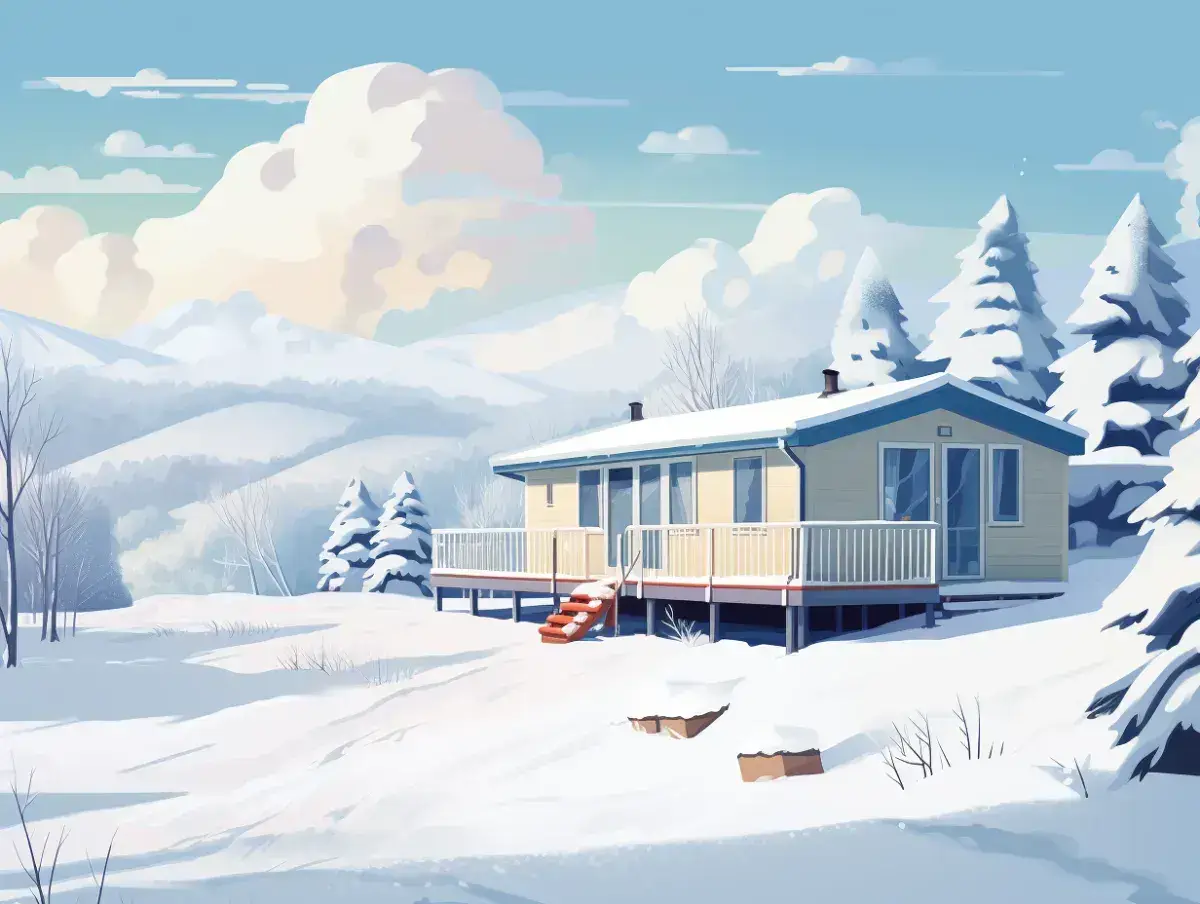How to Drain-Down & Prepare a Caravan For Winter
20 November 2023After the holiday season, you may not want to think about preparing your static caravan for winter. But, it's important to take care of it. If you leave it, the cold could cause serious damage. This could ruin your next season.
Don’t worry though, it doesn’t have to be a massive job. Follow our winterisation guide and you could have everything checked off in a few hours. Rope in a couple of helpers and get the kettle on and it’ll feel much faster.
Drain-down is a key preparation for winter. To prevent the pipes from freezing, you need to remove all the water from your caravan's plumbing system, except for the central heating. Holiday homes and lodges are designed to make the process straightforward, so it's not as daunting as it sounds.
Once you’ve done the drain down there are a few other things you’ll want to take care of too. You'll need to make sure everything is safe and secure over winter and minimise the chance of damp and mould developing.
Before you leave your caravan for the winter, remember that your insurance may need you to take specific actions. It’s a good idea to check this and make sure you’re doing everything needed. That way you’re sure to be covered even if something does go wrong.
Once you know what you need to do, set aside some time to do it before you plan to shut up your caravan for the winter. You should winterise your caravan before November gets too far along, but there's no specific rule for when.
For those on a residential park that’s open all year round, who might want to stay away for a few weeks at a time over winter it’s still important to prepare your home. However, our park homes are designed for all year-round occupation so unless left unoccupied don’t require the same level of winter care as a holiday home or lodge.
Here’s what we’ll be covering.
- Draining down a caravan
- Other winterisation preparations you need to do
- Turn off the water, gas and electricity at the mains
- How to let the air flow by leaving internal doors and vents open
- Why you should give the kitchen a good clean and leave the fridge door open
- Keep your caravan secure by locking everything up and removing valuables
- Prepare the outside for winter by checking and fixing leaks and storing outdoor furniture
- Avoid damp soft furnishings by keeping them away from outside walls
Draining down a caravan
When you drain down your caravan you’re removing all the water from the pipes. This is to avoid freezing problems when the temperature drops over winter. It can make the difference between a caravan that’s ready to go next spring, and one that needs expensive and difficult repairs.
It is important to make sure that you don’t drain the central heating system and this has been fitted with anti-freeze.
Why do I need to drain down my caravan?
If you’ve ever had pipes freeze at home - or on a holiday home - you’ll know how much of a problem it can cause. Water expands when it freezes, which can cause the pipes to burst. Then when it melts, you’re left with flooding, water damage and ruined pipes.
This is even worse on your static caravan as the pipes could be inside the caravan itself and inside the wall cavities. Plus you won’t be there to spot it right away. Damage could be going untreated and continue to get worse throughout the winter.
So make sure you’re not risking major - possibly irreparable - damage to your caravan by doing a proper drain-down before winter kicks in.
How to drain down a static caravan
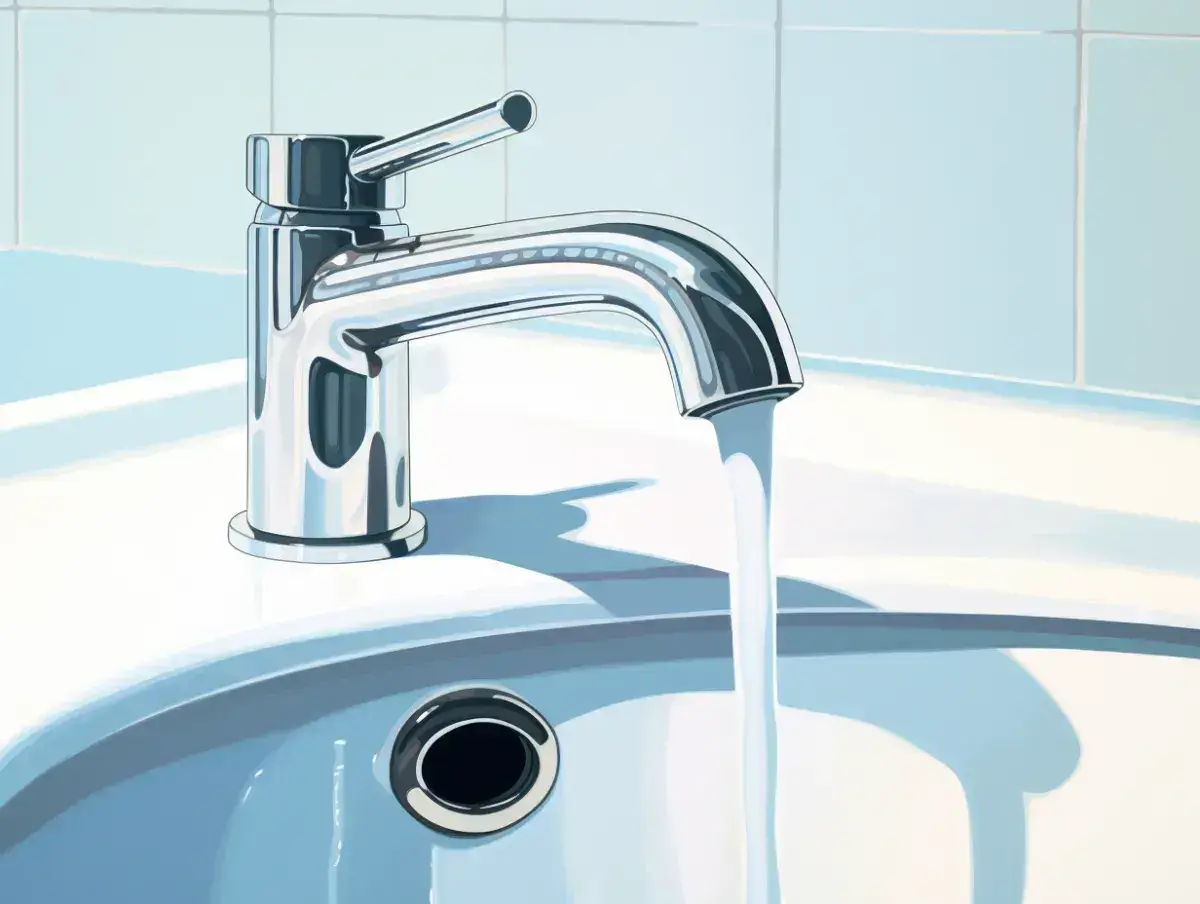
Keep in mind that these instructions might vary for your specific caravan model. Always check your owner’s manual, and we’d recommend getting a professional to take a look. Many parks offer this service onsite.
- Turn off your heater and anything else that uses water.
- Turn off the water supply at the stopcock under your holiday home.
- Open the two brass drain-off valves under your bath and shower.
- Open the two brass drain-off valves beneath your water heater or boiler. There will be four brass drain-off valves here - DO NOT drain the central heating valves. You can easily spot them because they'll be labelled as 'do not drain' or similar. The water will drain onto the ground under your caravan.
- Turn on all your taps and your shower, and flush your toilets.
- If you can, take off the shower head and pipe to make sure you’ve got all the water out.
- Connect a small compressor to the mains water inlet pipe and use it to flush out the remaining water from your plumbing system. While it’s running make sure you turn the shower thermostat and any mixer taps from hot to cold to clear both feeds.
- Pour non-toxic antifreeze down the toilet and the plugholes. This will help get rid of any remaining water residue that’s stuck in places like U-bends. Remember that car antifreeze is not appropriate for caravans. You'll need a specific antifreeze designed for caravans.
If this all seems a little daunting then many sites offer a drain-down service and will take care of it all for you. If you decide to do this, be sure to check exactly what's included. That way, you can make sure to stay on top of any extra tasks.
What else do I need to do?
Draining down your caravan is an essential part of your winter preparation. But there are other things you can do to keep your caravan in good condition during winter. Doing so will help you avoid nasty surprises when spring comes.
Gas, water and electricity
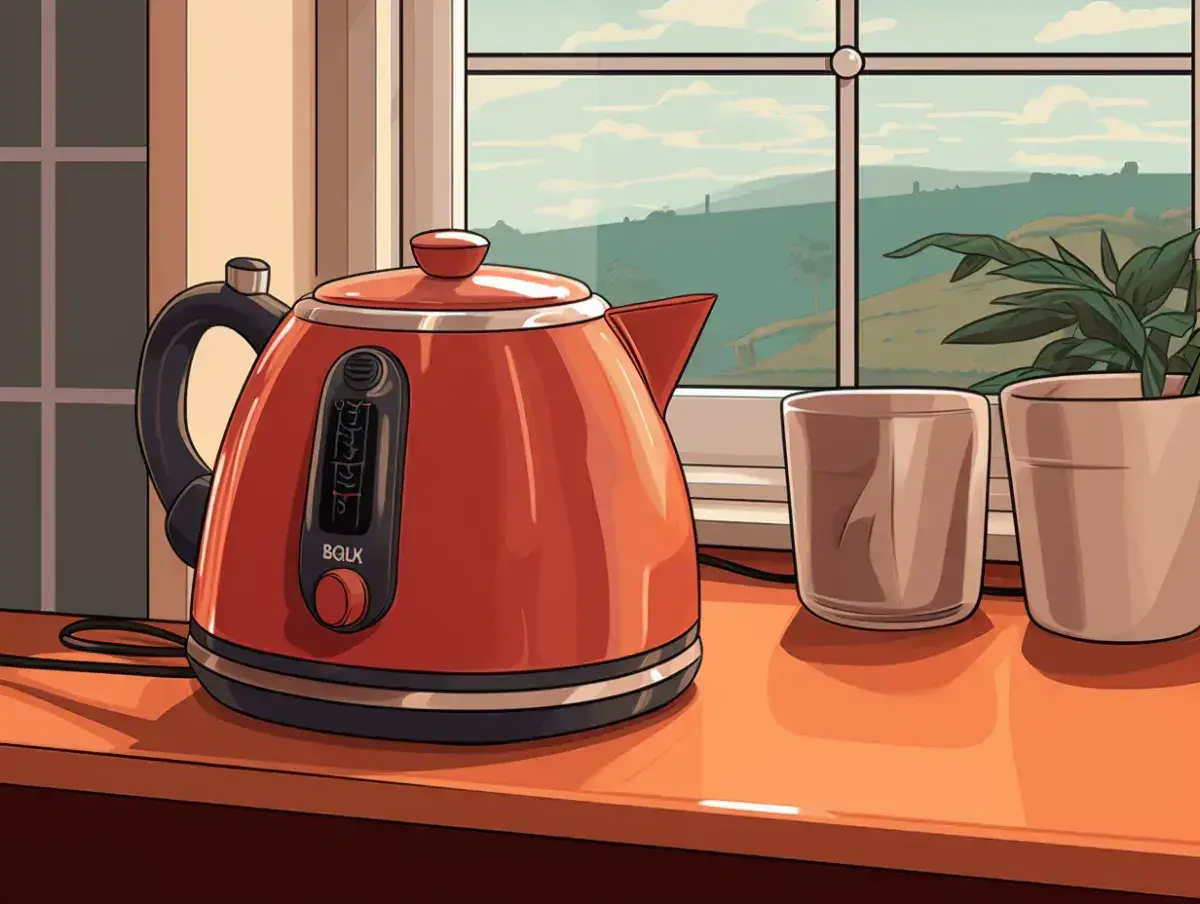
Preparing your caravan's utilities for a few months away is pretty similar to preparing your house when you’re going away.
Start by taking a walk around your holiday home. Check that all appliances are off and unplugged, if they can be. Then you can turn off and disconnect the gas and electricity at the mains. You should already have turned off the water as part of your drain-down process.
Make sure any devices with batteries - like alarm clocks or radios - have them removed if possible. Alkaline batteries can corrode over time and you don’t want to open up your favourite device and find a horrible furry mess inside.
It’s also a good idea to remove your water filter if you can. Your water filter needs replacing every year, so it's a good idea to remove it now and put in a fresh one when you return in spring.
After you’ve done your drain-down, block the toilet and cover up your plugholes to stop any beasties crawling in. Just be sure to remove them before you turn the water back on.
Keep the air flowing
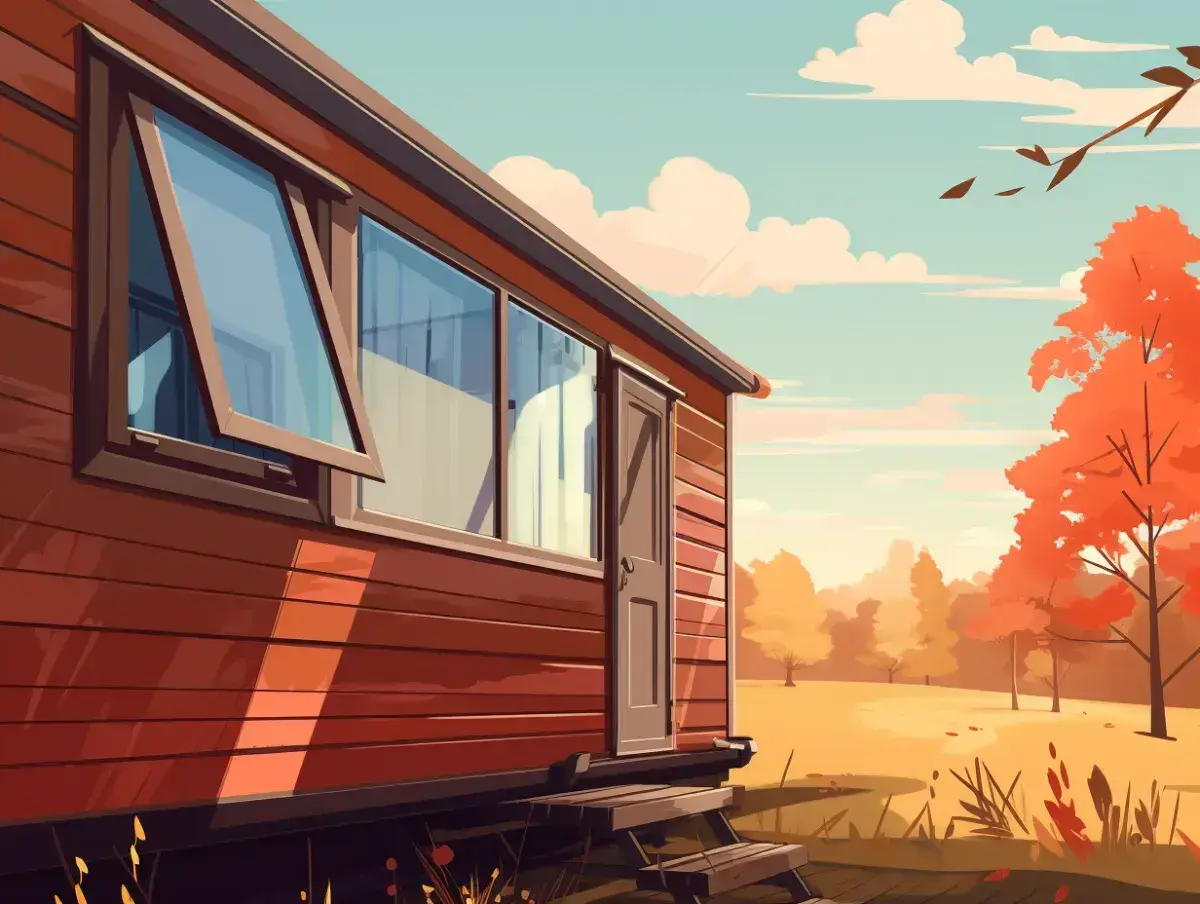
Making sure air can move through your static caravan helps prevent damp and that horrible musty smell you can get after a long winter.
Make sure you give the caravan a good air through before you lock it up. This means opening all the doors and windows for a while and letting the nice cool autumn air blow through. Remember to close all the outside doors and windows before you leave.
You can leave all the air vents open though. This will let fresh air in and keep things circulating over winter. Leave all the inside doors open too. Holiday home doors tend to seal pretty well and leaving them open lets the air move around.
In the kitchen

Make sure you don’t leave any food in your caravan over winter, even if it’s unopened. Rodents can be tenacious little rascals, and they’ll nibble through most things. Tinned food is the only exception but if you are leaving any cans make sure to pop them on a sheet of paper to avoid leaving rust rings.
Give everything a really good clean before you leave. When you return, small stains could have spread and even tiny crumbs can attract pests. Plus, it’s much nicer to come back to a spotlessly clean holiday home next year.
Leave all the cupboard doors open to help with airflow. Defrost the fridge and freezer, give them a good clean and dry and leave those doors open too. This will help to avoid any mould or damp building up in the fridge.
Security
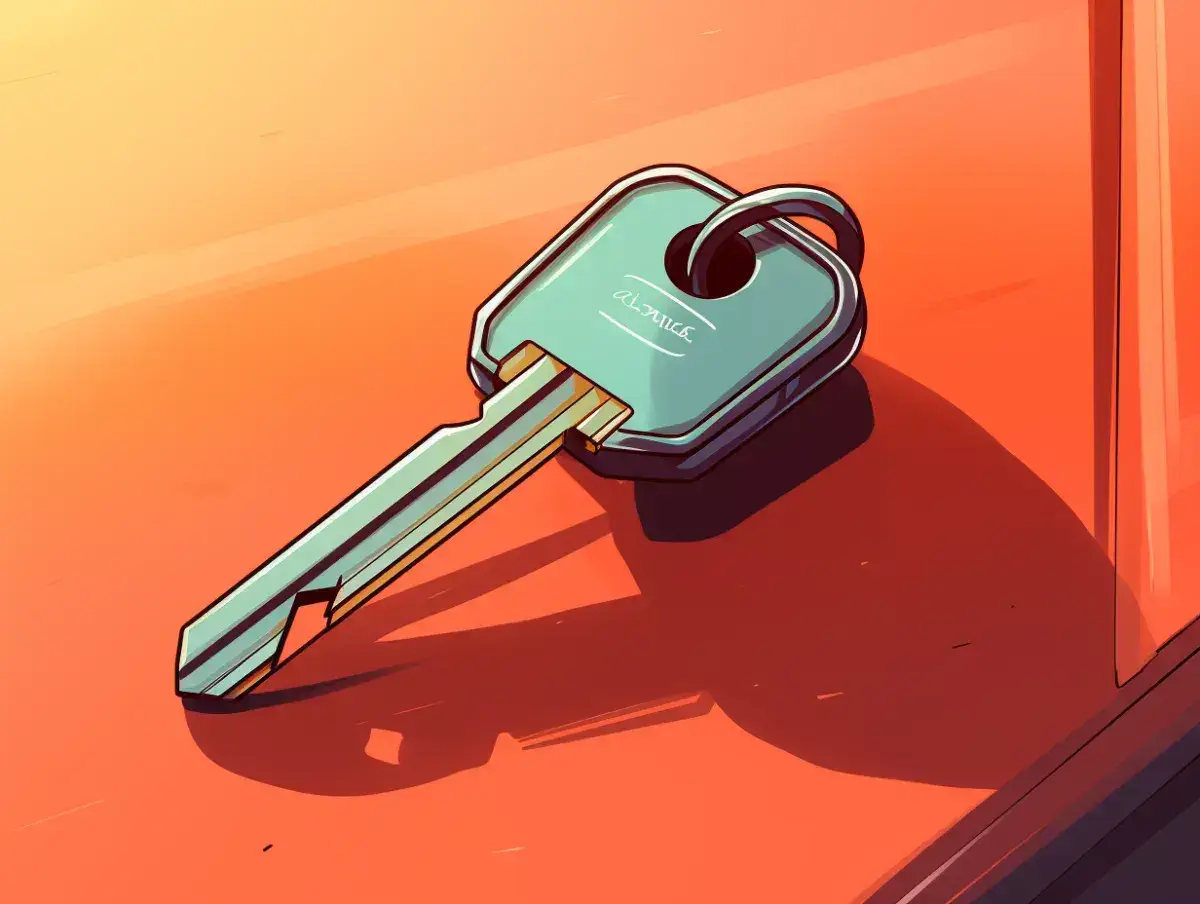
Make sure you lock all the windows and doors before you leave. This might seem obvious, but it’s easy to overlook when you’re heading off.=
Leave your curtains and blinds open, or take them down if it’s easy to do so. Letting daylight into your caravan can help prevent damp and mould from forming.
It’s also worth checking with your site and insurance if they have any recommendations about what you should do to stay secure over winter. If they do, make sure you follow their guidelines.
Outside

At a glance, your caravan's exterior may appear to be in excellent condition. But, the harshness of winter can turn even the smallest problems into major ones. So spend some time having a good look over the outside of your caravan and fix any little niggles you find.
Start off by having a close look at the cladding. Depending on what kind you have, it might have a protective coating. If this looks like it’s wearing a little thin then it’s time to re-coat it (or pay someone to come and do it for you).
Have a good look for any loose joints and gaps on the outside of your holiday home. These are the points where the rain can work its way inside the walls and start to cause damp problems. If you find any, make sure they’re fixed and watertight before you leave.
Check and clean the guttering. If it’s clogged with leaves then water can overflow and run down the walls and windows of your caravan, causing all sorts of damage. If you don’t fancy doing it yourself, any gutter cleaner should be able to come and do it for you.
If there’s any foliage growing up around your holiday home spend a bit of time cutting it back. It won't grow much over winter and having space for air to flow underneath your caravan can help prevent issues.
Check the lagging on any outdoor pipes, and if it’s not looking too good replace it. Your drain-down should prevent any freezing problems, but good lagging will help too.
Finally, pack away any outdoor furniture you have. If you have outdoor storage that’s great - if you need to take it inside, make sure it’s clean and dry before you leave.
Soft furnishings
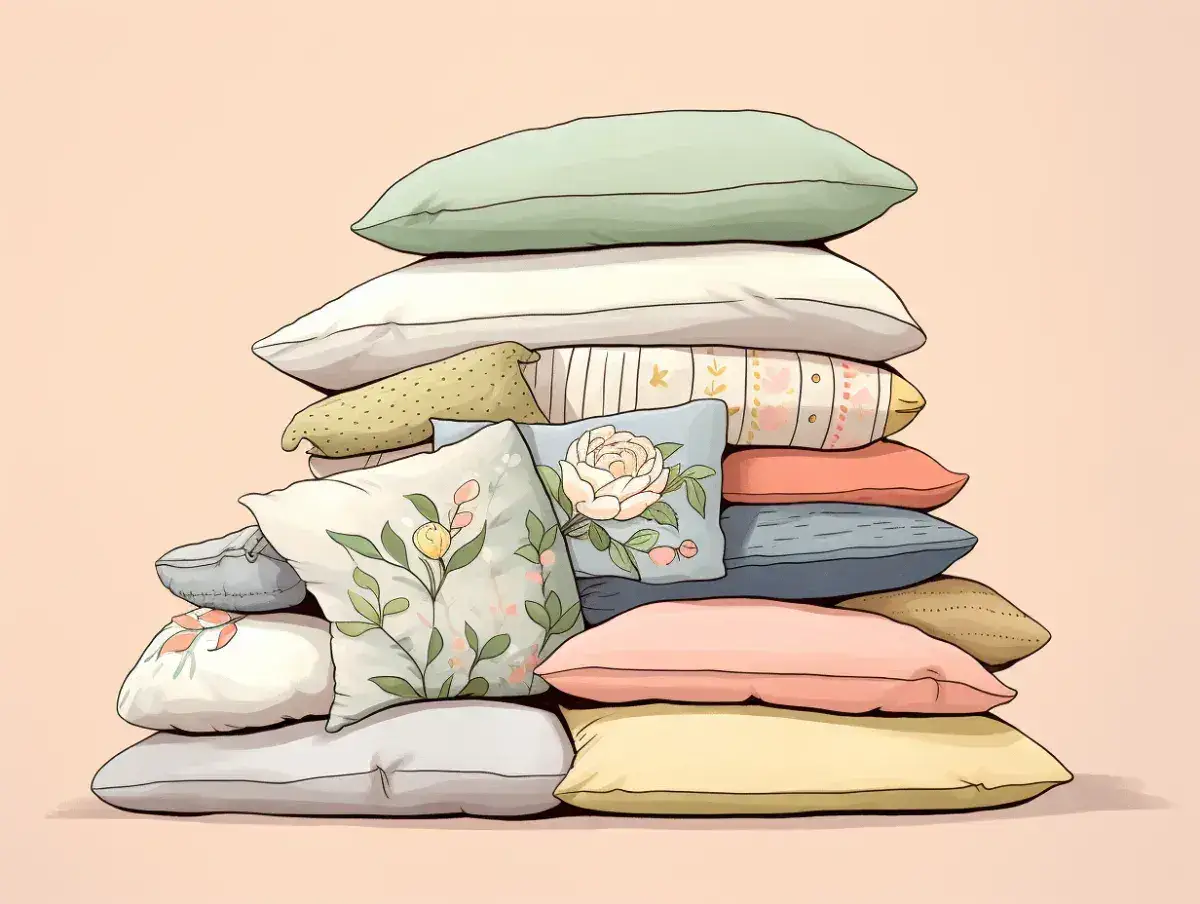
Soft furnishings are a magnet for dampness and rodents. Let's be honest, the last thing you want is to find a little mouse family in your favourite cushion when you get back.
So if you can, take as many of your cushions and covers with you when you leave for the winter. If you can’t, sealing them up in vacuum bags can be a good way to protect them. Make sure you move as much as you can away from the exterior walls. You can also roll up any loose rugs and stand them up in the middle of the caravan.
…And you’re done.
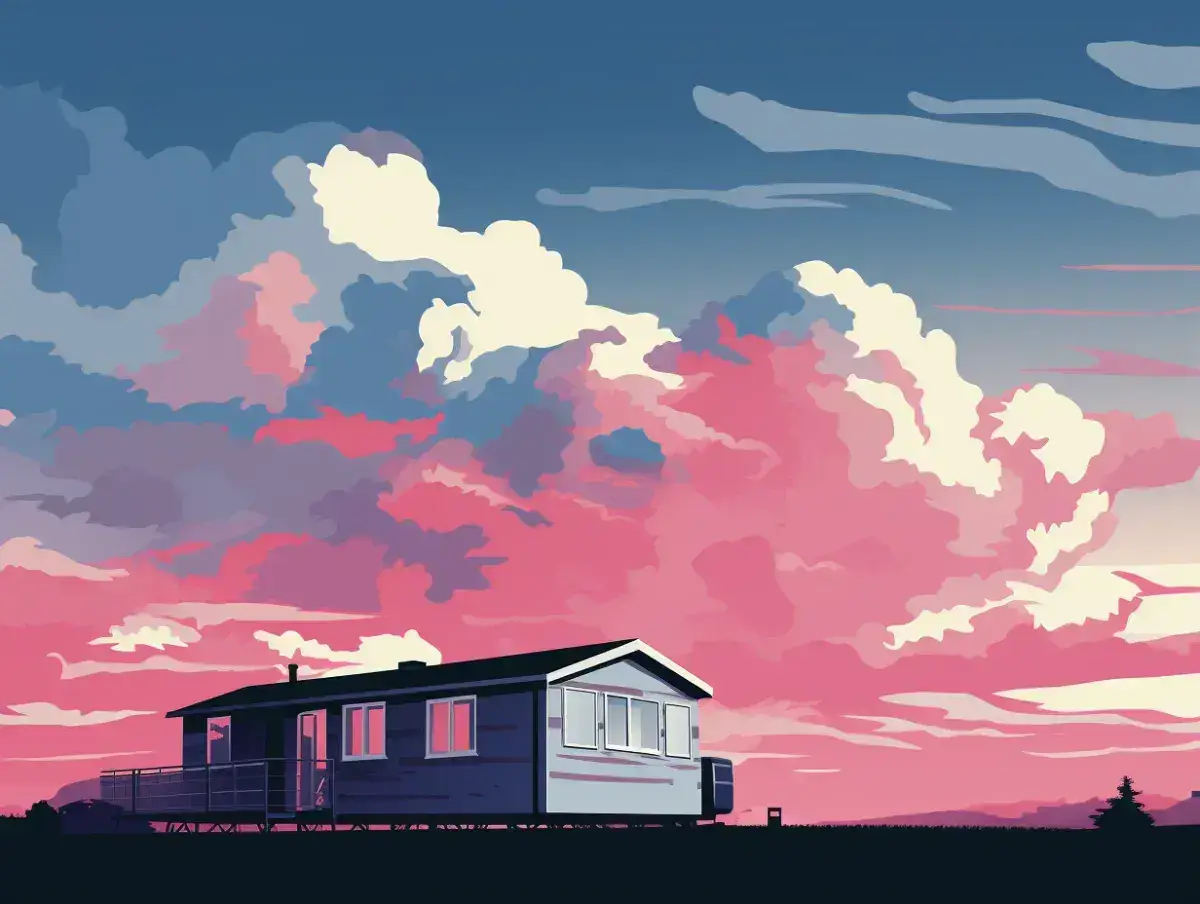
All this might seem like an awful lot, but it’s not that much worse than giving your caravan a good deep clean. And you only have to do it once a year. So it has to be worth putting in the extra effort to make sure everything is ready for when you return, right?
Remember some parks offer a winterisation or drain-down service for a fee. If you do this, confirm exactly what the service covers. That way you can make sure you cover anything else that needs doing.
Either way, preparing your caravan for winter will make it more pleasant to return to in spring. Winterisation not only saves you money on repairs, it also prevents you from missing part of next year's season waiting for them to be done.
You’ll be able to rock up, spend a little time turning things back on and putting them back in their places then relax.
Just make sure you allow time to do this when you return.
